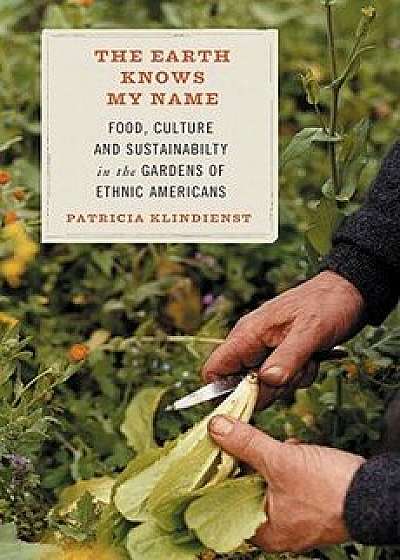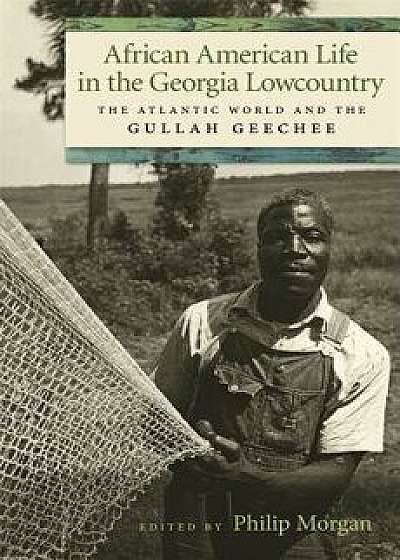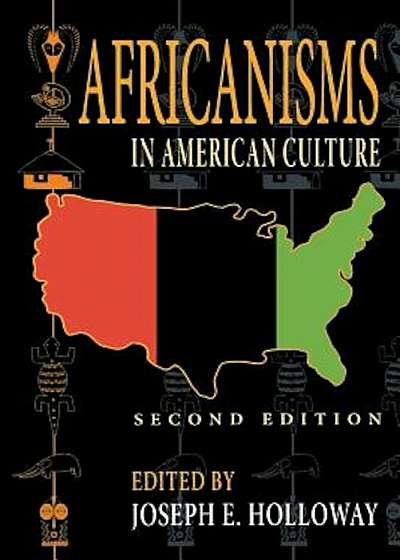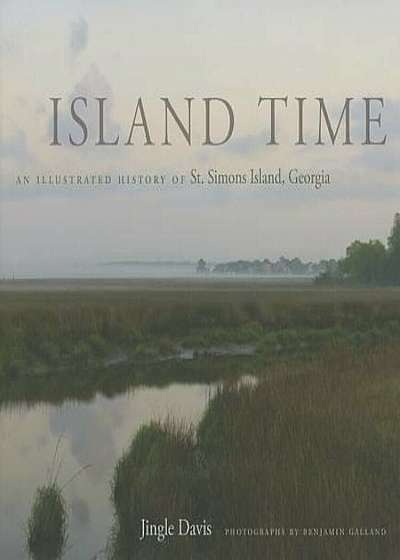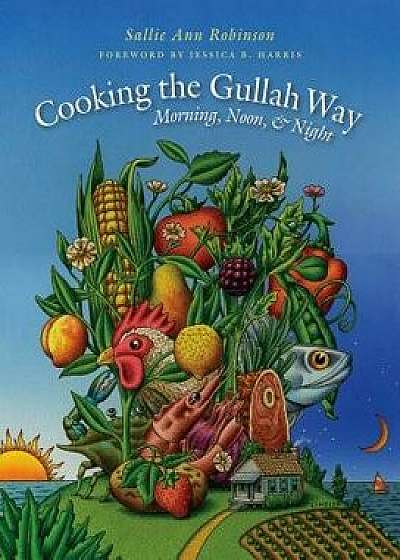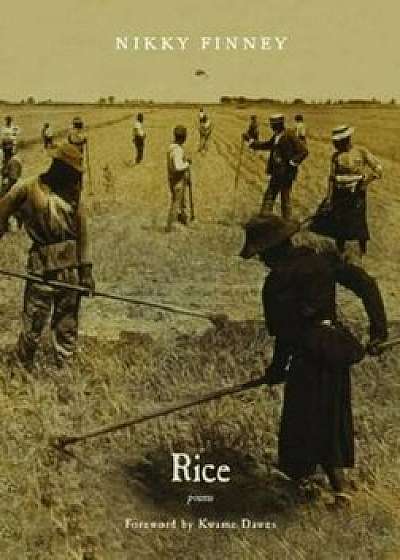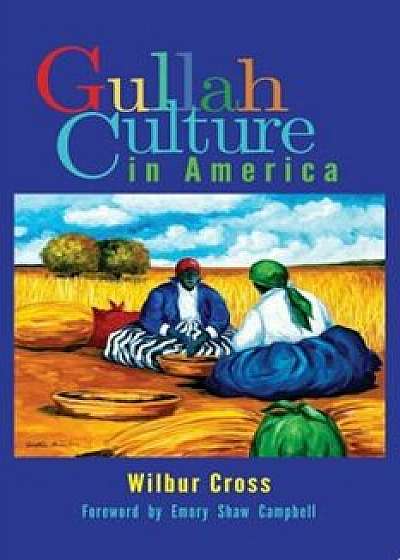
Gullah Culture in America, Paperback/Wilbur Cross
Descriere
Historian Joseph Opala knew he had made a remarkable discovery. It was 2004, fifteen years after he had helped to organize the first Gullah Homecoming based on links he had found between Gullah people in the United States and their ancestors in Sierra Leone. But now, Opala could trace an unbroken trail of documents for an African American family beginning with Priscilla, a 10-year-old girl brought to America from Sierra Leone 250 years ago, and ending with her direct descendant, a Charleston resident named Thomalind Martin Polite. "Priscilla's Homecoming," the journey Polite subsequently led to Sierra Leone, is where writer Wilbur Cross begins Gullah Culture in America. Now available in paperback, Gullah Culture presents an extensive record of the fascinating, yet too often overlooked, enclaves of African American descendants of slaves in South Carolina and Georgia. Though these communities existed long before the Revolution, they remained largely hidden until the 1860s, when missionaries from Philadelphia founded Penn School to help freed slaves learn to read and write. Cross describes in great detail how, due to this long-term isolation, the Gullah were able to preserve the ancient traditions of their African ancestors. Having lived on Hilton Head Island for a number of years, Cross has had the opportunity to learn first-hand about his Gullah neighbors. His deep respect for their culture and traditions is evident, and he incorporates his many interviews with members of the Gullah community into his text, frequently opting to let them tell the story of their people in their own words. Originally published by Praeger in 2007, Gullah Culture in America provides not only a detailed history of the Gullah, but also a context for understanding what it means to "grow up Gullah." In twelve colorful, engaging chapters, Cross introduces readers to all aspects of Gullah culture, including language, religion, food, music, and dance. He also provides insight into issues facing
